A Closer Look at Bryophytes: Mosses, Liverworts and Sphagnum
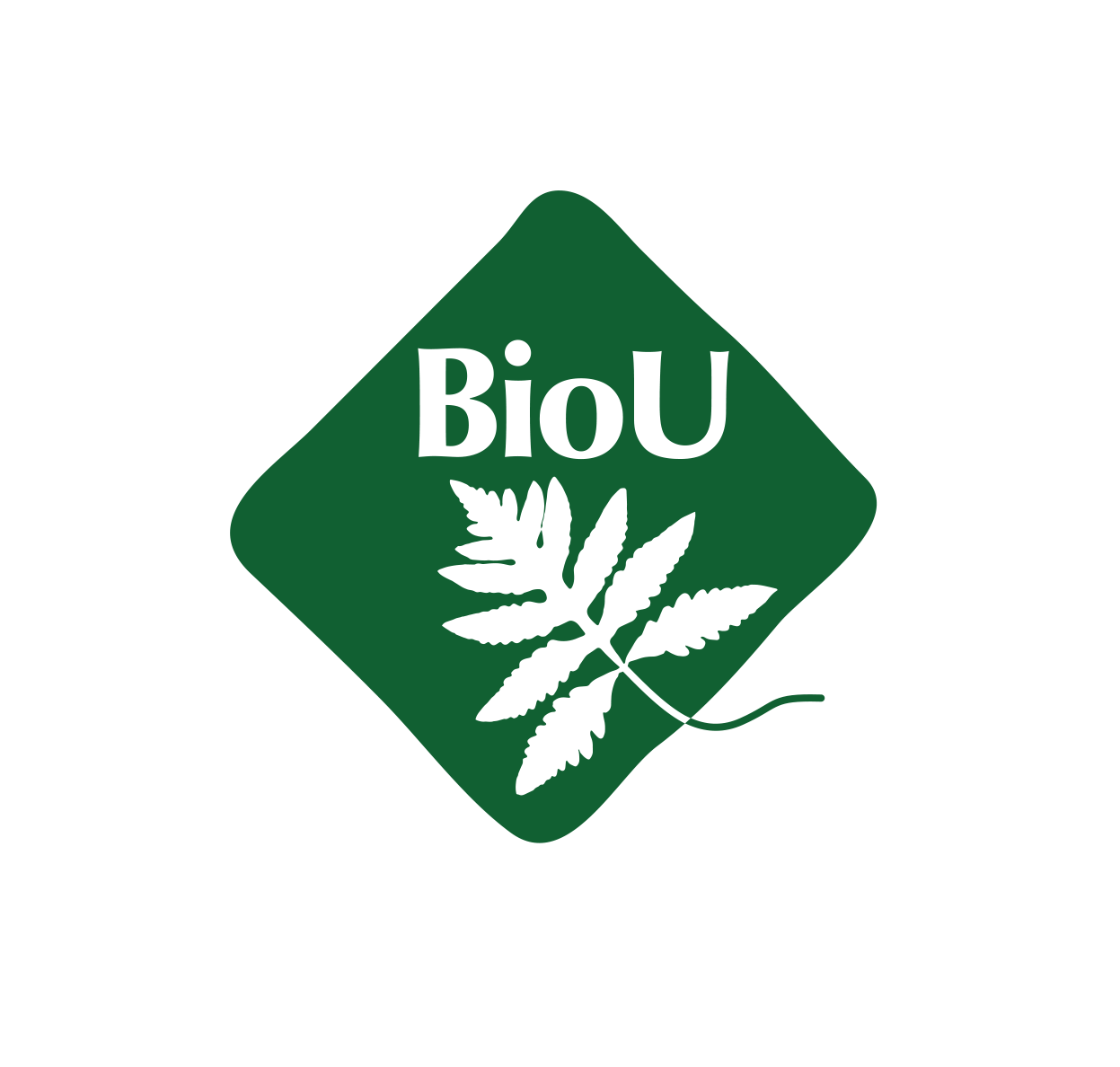
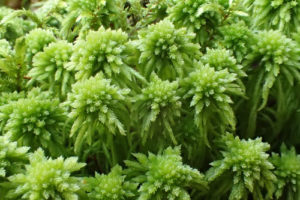
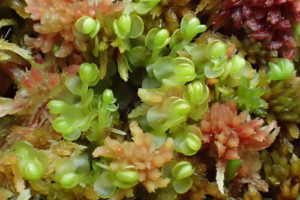
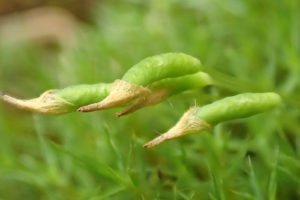
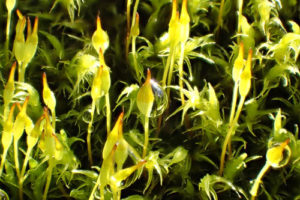
Instructor: Mark Rahill
June 8 – 9 | $295
T
his course is a field- and lab-based overview of bryophyte biology and ecology. We will explore bryophyte geologic and evolutionary history. We will investigate the competitive advantages of bryophytes, such as their ability to desiccate to survive prolonged dormancy, withstand environmental and climatic extremes that vascular plants cannot, and thrive on surfaces such as bare rock and tree branches. We will discuss the limitations of life as a non-vascular plant, and learn about sexual and asexual reproductive methods, including their highly evolved spore dispersal systems. We will examine bryophyte distribution at the scale of substrates and microhabitats, as well as regional and global scales. In addition to our daily ecological investigation, we will spend time discussing and practicing identification in the field and back at the lab using microscopes.
Course Objectives and Goals
- Become familiar with the various groups of bryophytes.
- Understand the geologic and taxonomic history of Bryophytes.
- Understand bryophyte life history, distribution (micro, regional, and global), and reproductive strategies.
- Gain competency keying specimens in the field and in the lab using available bryophyte identification resources.
- Learn to prepare archival bryophyte herbarium specimens.
About the Instructor(s)
Mark Rahill has a degree in Botany and Entomology from the University of Vermont. He does contract work for The Nature Conservancy, the Vermont Natural Heritage Inventory, the Farlow Herbarium, and the Pringle Herbarium. Mark recently published an article in the American Bryological and Lichenological Society’s Evansia documenting rare lichen and bryophyte diversity atop Mount Washington. Mark regularly teaches bryology classes and has studied bryophytes and lichens for over 40 years with John Christy, Howard Crum, Jerry Jenkins, Sue Williams, Norton Miller, Nancy Slack, Bruce Allen, Bill Buck, Jon Shaw and Richard Andrus.
Lodging Options
Biodiversity University is no longer offering lodging for participants. However, there are several nearby options at a similar price point. We recommend the following options:
- Capitol Plaza ($200/night; Montpelier)
- The Inn at Montpelier ($200/night; Montpelier)
- High Hill Inn ($150/night; East Montpelier)
- Comfort Inn and Suites ($120/night; Berlin VT)
- Marshfield Inn and Motel ($100/night; Marshfield, VT)
- AirB&B ($60-$150+/night; options vary)
Meals
Saturday breakfast, field lunch, and family-style dinner included.
Sunday breakfast and field lunch included.
Required Materials and Recommended Reading
- Required:
- 10x to 14x hand lens (required), rubber boots (required)
- Pope, R. 2016. Mosses, Liverworts and Hornworts
- Recommended:
- K. and Rohrer, J. 2013. Common Mosses of the Northeast and Appalachians
- Laine, J et al. 2018. Sphagnum Mosses - The stars of European Mires
- Lincoln, M. 2008 Liverworts of New England
- Allen, B. 2005. Maine Mosses. New York Botanical Garden Press (two volumes)
- Additional recommended texts will be provided in advance of the course.
Timing
Course begins 8 AM on June 8 at North Branch Nature Center. Course concludes at 5 PM on June 9 at North Branch Nature Center. Any participants arriving Friday evening will be met by a staff member for an orientation and welcome.
Academic Credit / Professional Development options:
This course qualifies for 1 graduate-level science credit for an additional $150 course fee. All BioU courses are accredited by Castleton University. It is each student’s responsibility to ensure that their home institution will transfer the credit. Participants pursuing academic credit will be required to complete an additional assignment above and beyond the course hours, including literature review, reflective writing, and/or a field-based project.
This course qualifies for 22 hours of professional development hours and continuing education units. Certificates of completion are included in the course fee, and are available upon request.

713 Elm Street
Montpelier, Vermont 05602
(802) 229-6206
Hours: Center Open Monday-Friday 9-4
Trails Open 24/7


